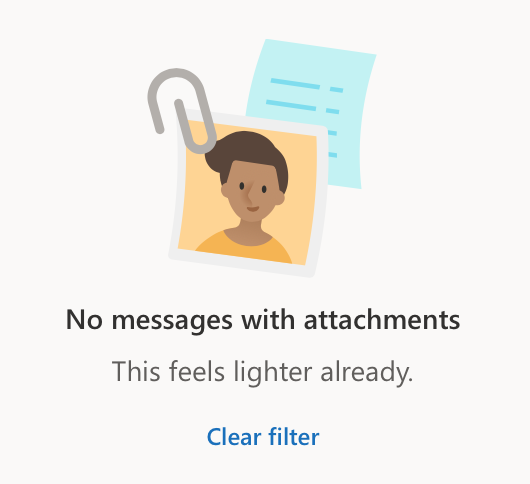Zeroing In On Zero
I’ve been thinking about zero lately. That may sound like a mindfulness exercise, that I’m trying to clear my mind of all its unhelpful thoughts.
If you know me mostly through this blog and my work with Collective Resource Compost, you are aware that I think and talk about zero waste all of the time. What I’ve been thinking about lately is more insidious, waste that you can’t really see, that has a negative environmental impact.
Inbox Zero
Sporadically on Facebook, I’ve seen friends posting screenshots of their email in-boxes with the message “No unread mail” or something similar to that. I wondered, What’s that all about? It’s called Inbox Zero. It’s not a new concept. I found this article from Entrepreneur magazine from 2017 and embedded in it is a link to this video from a Google TechTalk by Merlin Mann from 2007! His talk is entertaining and verges on hilarious. I laughed out loud. The article and video are more about the productivity angle but apparently keeping your inbox zeroed can improve your productivity and lower your carbon footprint: a twofer. (Anyone else singing Inbox Zero to the tune of Foreigner’s Juke Box Hero?)
The BBC has a Smart Guide to Climate Change that has a lot of thought-and-action-provoking articles. This one called Why Your Internet Habits Are Not As Clean As You Think talks about the carbon footprint of emails and emailing. There’s a lot in this article but basically, if you don’t delete them, they’re using energy by taking up space on a server at a data center. Emails with attachments use more energy to send and store than if you just add a link to an email. Unsubscribing to emails you never read is the electronic version of "reduce" in the reduce, reuse, recycle paradigm.
Every email platform has some way to filter emails. We use Microsoft Outlook and I was able to filter for attachments and delete a bunch of emails that I didn’t need and I got a message that said, “No messages with attachments. This feels lighter already.” I kid you not! And it’s true, I got the same satisfaction that I get from cleaning out a drawer.
This article on The Good Planet website talks specifically about the benefits of deleting emails and even introduces a hashtag #deletetenemails you can use if you’re posting on social media. If you need more tips on unsubscribing from unwanted emails, PC Magazine has some for you in this article.
Merlin Mann, the presenter in the Google TechTalk video that is linked to above, explains that there are five actions that can be taken with an e-mail: Delete, Delegate, Respond (in 3 sentences or less), Defer, and Do it now. This last one was also my beloved mom’s mantra. Maybe your five actions will be slightly different but try it and let us know how it went.
Zero Waste Chef
I may have mentioned Anne-Marie Bonneau, The Zero Waste Chef, in a previous blog post or on our social media streams. This January, she presented 30 Days of Action for the Climate. I signed up even though I knew I wasn’t going to be able to get it up to act on anything every day this month. The meme I saw that said, “This month I’m doing something called January, where I try to make it through every day of January.” (Ron Amaya, @juan_amayah) seemed more likely. And the irony is not lost on me that it meant I was signing up to receive an email every day. They are so well-written and thought out that I want to keep them all forever.
Ground Zero
You know how when you’re thinking about something you become hyper-aware of it? The word zero just keeps popping up!
The Jerusalem-based artist Beverly Barkat was featured in a recent New York Times article that describes an artwork that she created for the lobby of a building in the new World Trade Center complex overlooking, you guessed it, ground zero in Lower Manhattan.
This beautiful 3-minute video shows her creating the piece called Earth Poetica that she made from plastic waste that was sent to her from all over the world that she cast in resin to make a globe. It will be exhibited at Israel Aquarium in Jerusalem before it arrives at its permanent home in New York City.
